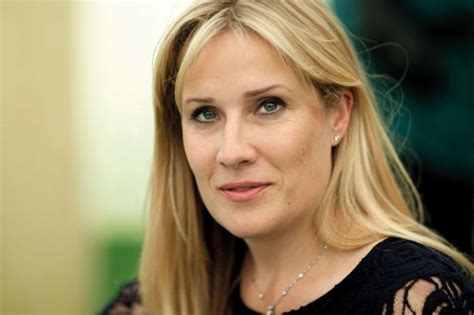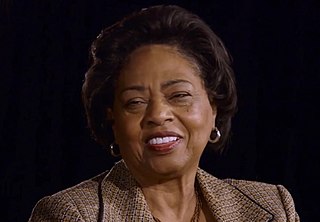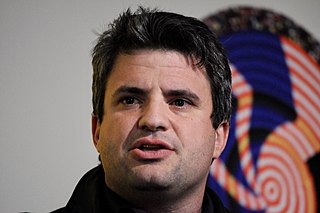A Quote by W. E. B. Du Bois
The slavery of Negroes in the South was not usually a deliberately cruel and oppressive system. It did not mean systematic starvation or murder.
Quote Topics
Related Quotes
As for slavery, there is no need for me to speak of its bad aspects. The only thing requiring explanation is the good side of slavery. I do not mean indirect slavery, the slavery of proletariat; I mean direct slavery, the slavery of the Blacks in Surinam, in Brazil, in the southern regions of North America. Direct slavery is as much the pivot upon which our present-day industrialism turns as are machinery, credit, etc. … Slavery is therefore an economic category of paramount importance.
I have lived among negroes, all my life, and I am for this Government with slavery under the Constitution as it is. I am for the Government of my fathers with negroes. I am for it without negroes. Before I would see this Government destroyed I would send every negro back to Africa, disintegrated and blotted out of space
I grew up on a farm and, prior to my father's murder, I wanted to get away from the farm, and away from South Georgia where the Jim Crow laws absolutely controlled anything and everything we did. So, my goal was to leave once I completed high school. But on the night of my father's murder, I made a commitment that I would not leave the South, that I would stay and devote my life to working for change. So, my father's murder has shaped the course of my life even up to this very day.
If you are going to abolish slavery, that opens up all these other questions: what system of labor is going to replace slave labor? What system of race relations is going to replace the race relations of slavery? Who is going to have power in the post-war South? The Emancipation Proclamation doesn't answer that question, but it throws [it] open.
I can't say with certainty that slavery would have ended more quickly and more completely if the South had been allowed to leave and escaped former slaves had been allowed to remain free, and the North and the rest of the world had been a positive influence on the South. However, it's certainly a possibility that it would have ended sooner if the southern slave owners had agreed to a system of compensated emancipation and freed the slaves without a war and without secession, as most nations that ended slavery did. That absolutely would have been preferable to the Civil War as it happened.
I'm afraid that - not necessarily deliberately, but consistently - I've made a kind of laboratory out of my life, where I mix the stuff in the test tubes to create explosions - possibly resulting in interesting by-products. I mean, not deliberately - I'd be crazy to deliberately do that - or maybe not.
Just as Uncle Tom, back during slavery used to keep the Negroes from resisting the bloodhound or resisting the Ku Klux Klan by teaching them to love their enemies or pray for those who use them despitefully, today Martin Luther King is just a twentieth-century or modern Uncle Tom or religious Uncle Tom, who is doing the same thing today to keep Negroes defenseless in the face of attack that Uncle Tom did on the plantation to keep those Negroes defenseless in the face of the attack of the Klan in that day.
The things I saw beggar description ... The visual evidence and the verbal testimony of starvation, cruelty, and bestiality were so overpowering as to leave me a bit sick. In one room, where there were piled up twenty or thirty naked men, killed by starvation, George Patton would not even enter. He said he would get sick if he did so. I made the visit deliberately, in order to be in a position to give first-hand evidence of these things if ever, in the future, there develops a tendency to charge these allegations merely to "propaganda".





































